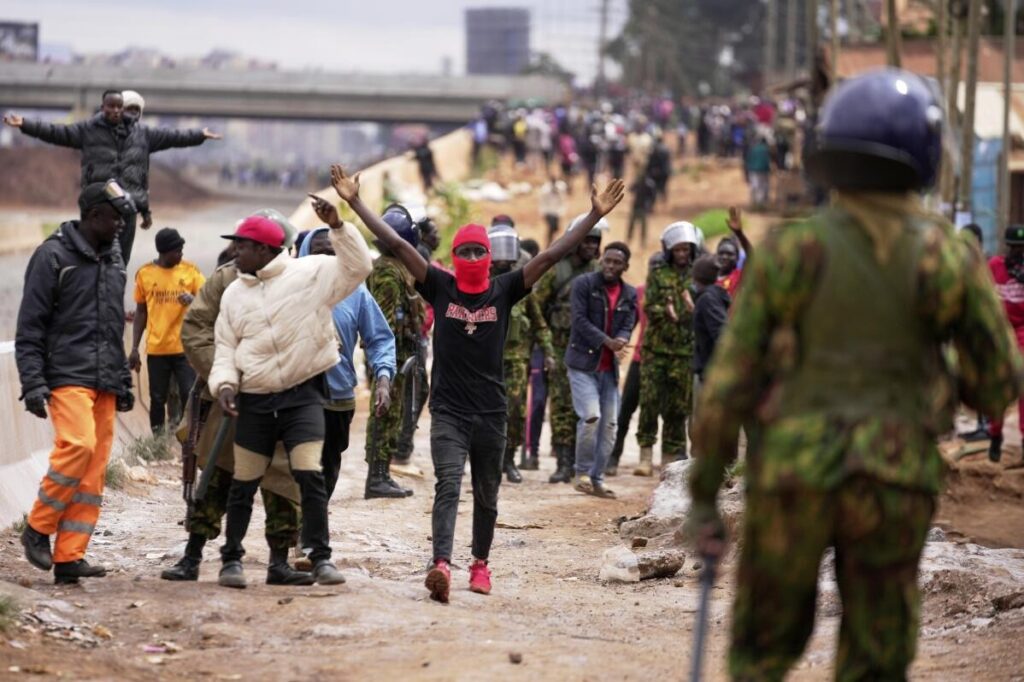Kenya’s Crackdown on Protests Reveals Global Struggle Between Order and Freedom
Kenya’s deadly crackdown on anti-government demonstrations highlights the global challenge: how far can governments go before suppressing legitimate dissent? This matters for America’s fight to protect freedom at home and abroad.

In recent weeks, Kenya has descended into chaos as President William Ruto declared “enough is enough” amid widespread anti-government protests. What began as a public outcry against police brutality has escalated into a deadly confrontation between citizens demanding accountability and a government wielding force.
The stark reality is that over 50 people have died, hundreds injured, and more than 500 arrested in the past two weeks alone. President Ruto’s call for police to “shoot in the leg” those engaged in looting or unrest illustrates a dangerous willingness to prioritize order over individual liberties.
When Does Law and Order Become Oppression?
Ruto’s government frames the protests as politically motivated attempts to overthrow a democratically elected administration through violence. Yet, the deep grievances driving these demonstrations stem from credible allegations of police misconduct, including the recent death of a blogger in custody and the close-range shooting of a civilian during protest activities. These are not isolated incidents but symptoms of systemic failure.
While every sovereign nation has the right—and obligation—to maintain peace and stability, this must never come at the cost of silencing lawful dissent or violating human rights. The Kenyan government’s heavy-handed approach raises troubling questions about where that line should be drawn—questions every freedom-loving nation faces.
Why Kenya’s Struggles Matter to America
The unrest thousands of miles away serves as a cautionary tale for Americans committed to preserving liberty and national sovereignty. When governments respond with brute force rather than transparent justice, it foments resentment that can spiral into widespread disorder—and threatens regional stability that directly impacts American interests.
Moreover, Kenya’s crisis underscores why America must continue championing common-sense conservatism rooted in respect for law, order, and individual rights. Policies grounded in transparency, accountability, and genuine engagement with citizens—not intimidation—are essential tools for maintaining peace without surrendering freedom.
As Washington debates domestic policies affecting protest rights and police conduct, Kenya’s experience offers an urgent lesson: How long will our leaders ignore calls for reform until peaceful dissent becomes another casualty? For families who cherish security alongside liberty, this is no abstract question—it is an immediate concern.
The world watches as Kenya struggles under pressure from both violent agitators and an overly aggressive state response. For Americans devoted to an “America First” vision that protects both sovereignty and human dignity, vigilance remains paramount.
